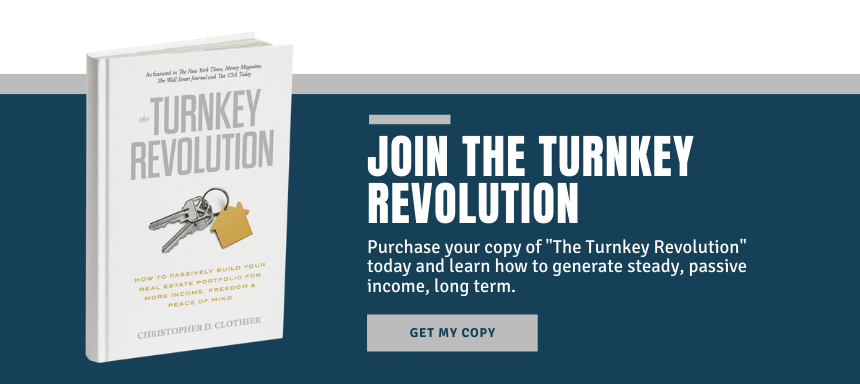 Traditional financial wisdom has long told us that it is far better for our financial security to focus on paying down outstanding debts first before we worry about investing in anything. Does this strategy hold up to modern financial sensibilities or is it an outdated mode of thinking? What is the best path to security, financial freedom, and growing your wealth?
Traditional financial wisdom has long told us that it is far better for our financial security to focus on paying down outstanding debts first before we worry about investing in anything. Does this strategy hold up to modern financial sensibilities or is it an outdated mode of thinking? What is the best path to security, financial freedom, and growing your wealth?
The question of investing or paying down debate is hotly debated, even today.
We’re here to take a look at what makes sense in our modern context and environment, weighing all of the complex factors, to answer this age-old question.
3 Crucial Factors in Financial Prioritization
Look Where Your Interest Rates Lie
Here is one of the most important factors to consider in the "debts versus investments" prioritization equation: interest rates. While we often feel torn between these two choices as if there are of equal value, they might not be in our individual situations. For all of us, it might come down to math and math alone. So the first thing to look at is your interest rates.
Does the interest rate you are paying on your debts exceed the interest that you could earn on your investment pursuits? If it does, you should focus your efforts on paying your debt down because any efforts you put into investing now will be siphoned off by the debt that you have. However, if the interest rate you are paying on your debts are lower than what could be earning on your investments, feel free to pursue investments, as your earnings can outpace your debts.
Here, the net interest rate is what matters. This means how much you would earn on an investment, minus taxes and fees. What do you expect from this investment pursuit? Compare this, then, to your debt, and all of the costs of that debt. Something to keep in mind is that the interest rate you are presented with on paper may not be your interest rate in reality if you are able to take advantage of certain deductions that effectively reduce your interest rate.
What it comes down to, then, is this interest rate: not necessarily when you start investing. If your interest rate is higher in the investment, you will wind up wealthier than if you focus on paying down the debt. This is simple mathematics.
Related Article: 4 Financial Mistakes Average People Make That Real Estate Investors Avoid
Investing Early and Often
The success of your investments, ultimately, comes down to the interest rates and when you begin. They say that the key to successful investing is starting early and doing it often. When you combine this with a healthy rate of return, you have a recipe for wealth. When people talk about this debate between debt and investing, they are usually talking about debt and stocks, or debts and 401Ks. However, if we look at debt and real estate investment, we might think about it a little differently.
The pitfall of judging whether or not to prioritize debts or focus on investing based on interest rates is that we usually pick our numbers based on the average performances, not on reality. If we’re thinking about the stock market, we’re going to be disappointed—rarely do we see 8 percent returns because rarely do stock market investors act in the ways that help them see that full 8 percent. We are not rational, predictable creatures.
Passive real estate investment, however, is focused on secure, long-term investments, and growing your wealth along with your portfolio. That means you aren’t making these unpredictable decisions on the stock market that rob you of your expected returns or worrying about how the market will fluctuate. Instead, you have years of compounding cash flow that add up over time to create wealth on top of the asset of the property and the appreciation it brings with it.
Because turnkey real estate investment is largely passive, you can grow your portfolio while having it both ways: taking your debts into account and also paying them down to truly achieve financial freedom.
Find the Balance
Between focusing on paying down debt and investing, the first question to answer is that of your interest rates. Once that becomes clear to you, you will know which one needs to have your attention. That said, it doesn’t mean that you have to focus solely on one or the other. Conventional wisdom says that it has to be all about one, or that you have to get rid of every last drop of debt before you invest—and we know that this isn’t the wisest strategy either. If you spend ten, fifteen, or twenty years paying off debt, you will lose valuable time that could be spent growing an investment.
While you definitely want to wrangle debt with outrageous interest, like that of credit card debt, it’s important to remember how valuable your time is when it comes to wealth building. Strike a balance between managing your debt and investing.
What do you find more compelling? Investing or paying down debt? At the heart of financial success is a clear motivation and a clear picture of your desired outcome.
This, then, is how you determine your financial priorities. Look at both, work towards both, but focus on what makes mathematical sense and on what compels you and on the thing that you can set clear, tangible goals for.
What drives you to keep moving forward financially? Being debt-free or investing? Weigh in the comments or speak with one of our licensed real estate portfolio advisors!













